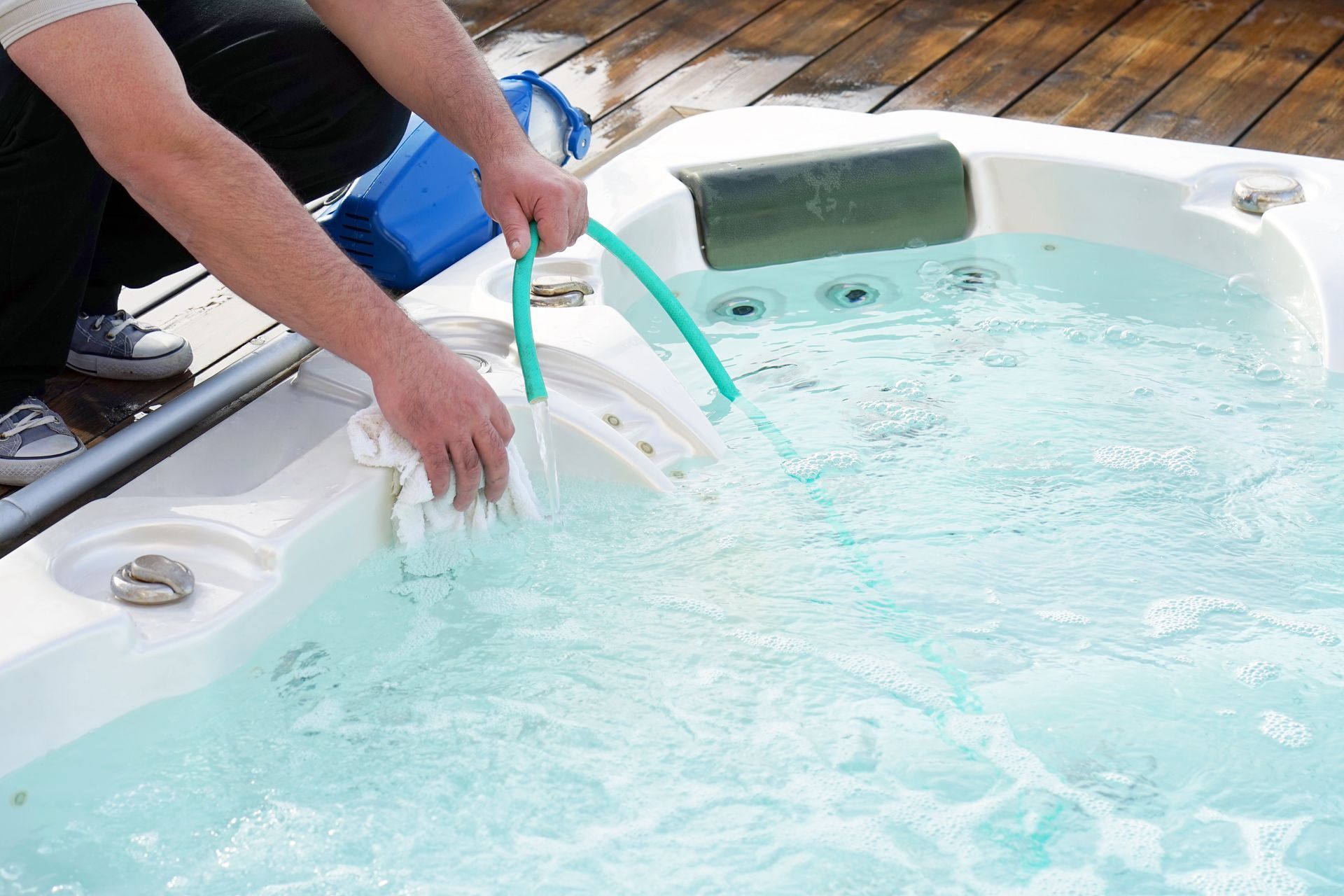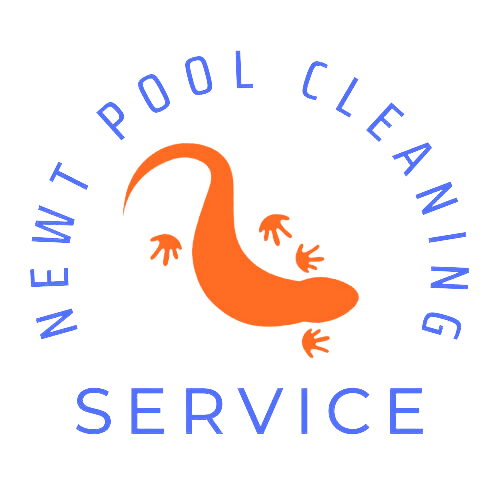Spa and Pool Maintenance Tips
Spa and Pool Maintenance Services, Van Nuys, CA
Proper spa and pool maintenance services are crucial for ensuring the longevity and optimal performance of pools and spas. Water chemistry is a key aspect of maintenance. Regularly test and balance the water's pH, alkalinity, and sanitizer levels to prevent issues like algae growth and equipment corrosion. Aim for a pH level between 7.4 and 7.6 and keep the alkalinity within the range of 80 to 120 parts per million.
Establishing a consistent cleaning routine is equally important. Skim the surface regularly to remove debris, and use a pool vacuum to clean the pool floor. Brush the walls and tiles to prevent algae buildup. Clean the skimmer and pump baskets to ensure proper water circulation and filtration. Additionally, backwash the filter as recommended by the manufacturer to maintain its efficiency.
Regularly inspect and maintain pool and spa equipment. Ensure that pumps, filters, and heaters are functioning correctly. Lubricate O-rings and gaskets to prevent leaks, and replace any damaged parts promptly. Keep an eye on the water level and adjust it as needed to prevent damage to the pump.
Covering the pool or spa when not in use helps reduce evaporation and keeps out debris, minimizing the workload on your maintenance routine. Finally, scheduling professional inspections at least once a year can help identify and address potential issues before they become major problems.
By following these essential spa and pool maintenance tips, you can keep your pool and spa in top condition, providing a safe and enjoyable environment for relaxation and recreation.
Get a quote
Newt Pool Cleaning Leads
Energy-Efficient Pool and Spa Solutions
In the ever-evolving landscape of sustainable technologies, innovative strategies are revolutionizing the energy efficiency of pools and spas. Embracing a greener approach, a combination of cutting-edge technologies is being employed to reduce energy consumption and environmental impact.
Solar heating stands out as a frontrunner in this endeavor. Harnessing the power of the sun, advanced solar heating systems efficiently raise water temperatures, providing a sustainable alternative to conventional heating methods. This not only reduces reliance on conventional energy sources but also translates into significant cost savings for pool and spa owners.
Complementing solar heating, energy-efficient pumps play a pivotal role in minimizing power consumption. Intelligent pump designs leverage variable speed technology, adjusting the pump's speed based on demand. This not only conserves energy but also extends the lifespan of the equipment, resulting in a more sustainable and cost-effective operation.
The integration of LED lighting adds a touch of innovation to the energy-efficient paradigm. LED lights consume substantially less energy than traditional lighting systems while offering customizable color schemes and ambiance. This dual advantage not only enhances the visual appeal of pools and spas but also contributes to overall energy conservation.
The amalgamation of solar heating, energy-efficient pumps, and LED lighting presents a forward-thinking approach to make pools and spas more sustainable. These technologies not only align with environmental consciousness but also offer economic benefits, making them an attractive proposition for those seeking to reduce their ecological footprint while enjoying the leisure of pool and spa amenities.

Common Pool and Spa Problems and Solutions
Common pool and spa problems can dampen the enjoyment of these recreational features, but with the right knowledge and solutions, maintaining a pristine aquatic environment is entirely feasible. One prevalent issue is water chemistry imbalance, leading to murky or irritating water. Monitoring pH levels, alkalinity, and sanitizer levels can address this, ensuring a safe and inviting space.
Equipment malfunctions are another challenge pool and spa owners often encounter. Pumps, filters, or heaters may fail, disrupting the regular functioning of the system. Routine inspections and prompt repairs can mitigate these problems, preventing costly damages and downtime.
Unwanted debris and contaminants compromise water quality and aesthetics. Regular cleaning of skimmers, filters, and vacuuming the pool or spa floor is crucial to preventing the buildup of debris. Additionally, investing in proper covers when the pool or spa is not in use can minimize external contamination.
Algae growth is a persistent issue, often triggered by inadequate sanitation or sunlight exposure. Maintaining appropriate chemical levels and using algaecides can prevent the unsightly green menace.
Temperature regulation is key for a comfortable swimming or soaking experience. Issues with heaters or inadequate insulation can lead to uncomfortable water temperatures. Regular maintenance of heating systems and ensuring proper insulation can address this concern.
Educating pool and spa owners about these common problems and promoting proactive maintenance measures can significantly enhance their overall experience. By adopting a preventative approach and promptly addressing issues as they arise, individuals can revel in the pleasures of crystal-clear waters and a well-functioning aquatic oasis.

